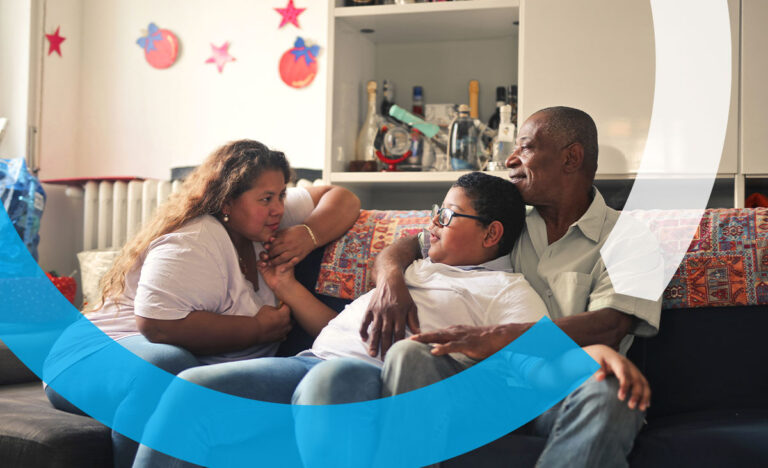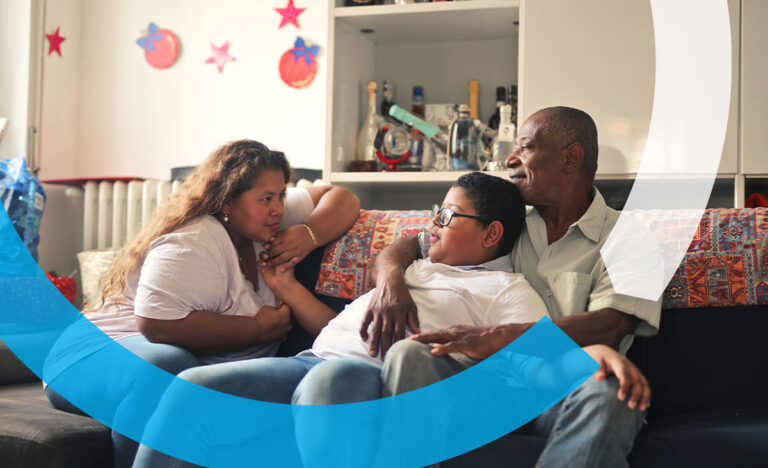Video: Depression and anxiety are killing seafarers
The mentality is… just toughen up, get through it. But when you’re dealing with a mental illness that’s not an option
It's in your hands
How to access the support you need
How are you doing? We trust that you’ve found the information that we’ve shared in the crisis section meaningful and that you now feel confident to reach out to our crisis response team should you feel the need.
These are challenging times for us all. The current pandemic has plunged the world into uncertainty and it is only natural to feel stressed, concerned, angry or anxious. Also, it is important to recognise that we are all experiencing unique challenges. At sea, at home or in the office – mental health is relevant to every one of us.
Over the next few weeks, we want to partner with you to talk, discover and learn about mental health. Positive mental health allows us to realise our full potential, cope with the stresses of life, work productively and make meaningful contributions to our communities.


Objectives of this cycle
- Help you understand what we mean by the term ‘mental health’. We use it very generally, so having a clear definition is vital to our understanding.
- Agree on what is myth and what is fact – our ideas about mental health are often misplaced and this can be detrimental to our understanding and ability to have meaningful conversations about mental health.
- Share a few tips for coping with anxiety and fear brought about by the pandemic we are currently facing.
- Encourage you to join a Peer Support Group. We are not for a moment suggesting that there is something wrong! But mental health at its heart suggests a positive state of being and our Peer Support Groups are all about supporting one another so that we can stay healthy.
So let’s kick off our discussion! We’re looking forward to talking, discovering and learning with you.

Mental health myths
- “Mental health problems are very rare.” 1 in 4 people will be affected by mental health illness at some point in their lifetime.
- “I don’t know anyone struggling with their mental health.” Someone you know, working with you or in your family, may well have experienced a mental health issue.
- “Mental illness is the result of bad parenting.” Mental health is the result of a complex number of emotional, physical, environmental, biological and psychological factors.
- “People do not recover from mental health problems.” People can and do recover from mental illness – and in many cases they come back much stronger.
- “It won’t happen to me.” Mental health does not discriminate on age, race, gender or background. It can happen to anyone.




